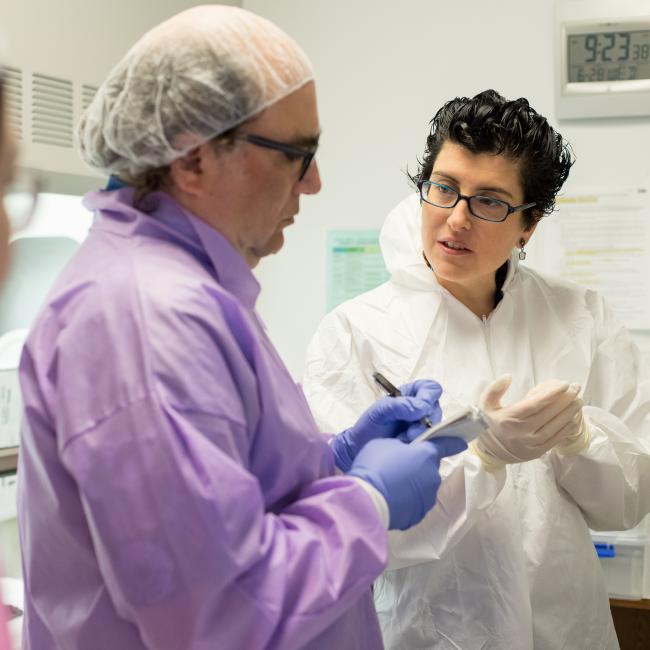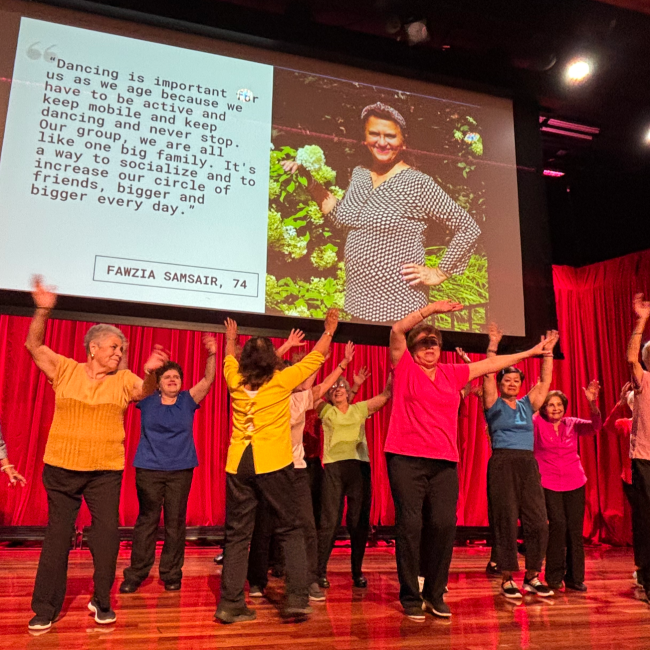Pilot Awards to Advance Global Brain Health and Dementia Projects
The latest recipients of the Pilot Awards for Global Brain Health Leaders are developing innovative projects worldwide aimed at enhancing brain health and addressing dementia in underserved communities.
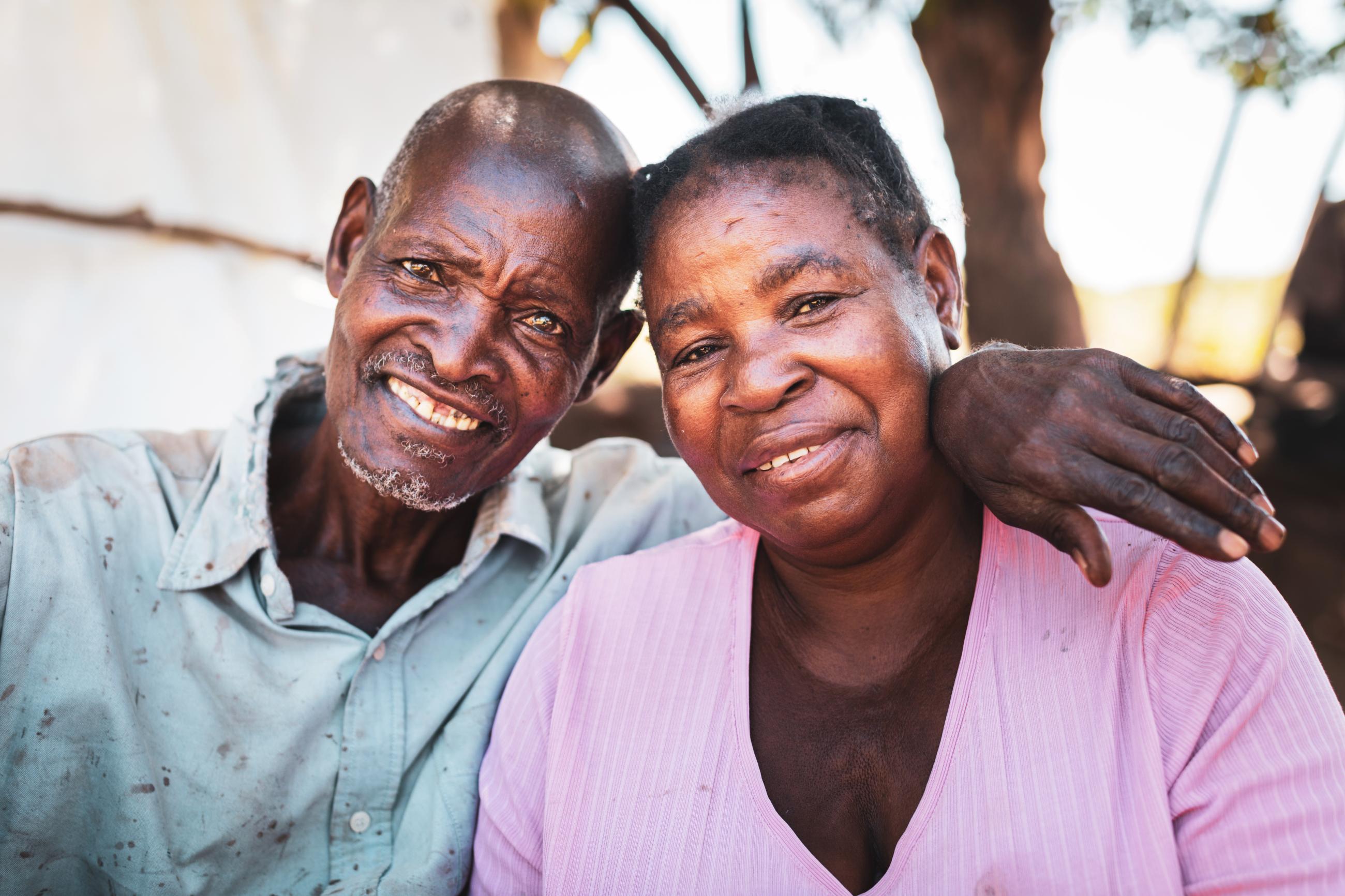
Today, the Alzheimer’s Association, Global Brain Health Institute (GBHI), and the UK-based Alzheimer’s Society announced the most recent awardees of the Pilot Awards for Global Brain Health Leaders, a competitive funding initiative dedicated to nurturing efforts and improving outcomes in the fields of brain health and dementia.
“The Alzheimer’s Association is proud to partner with GBHI and the Alzheimer’s Society to make these innovative grants,” said Heather M. Snyder, Ph.D, Alzheimer’s Association vice president of medical and scientific relations. “These awards focus on understanding risk for, and resilience to, Alzheimer's and other dementia. The goal is to support the awardees’ efforts to spread awareness, delay, prevent and reduce the impact of dementia.”
“The emphasis is on lower- and middle-income communities, where growth of the prevalence of Alzheimer’s and other dementia is forecast to be highest, and on projects that utilize an evidence-based approach to improve care and outcomes around age-related cognitive loss and dementia,” Snyder added.
Nurturing Brain Health for the Vulnerable
A total of 26 awards have been granted to projects aimed at bridging the gaps in dementia diagnosis, treatment, and care among underserved populations worldwide. The projects span 16 countries, including Australia, Brazil, Chile, Colombia, Democratic Republic of the Congo, Ethiopia, India, Ireland, Israel, Mexico, Nepal, Nigeria, Peru, South Korea, the United Kingdom, and the United States.
Though there is currently no cure for dementia, we do know that up to 40% of cases are due to modifiable risk factors that may be addressable through public health and lifestyle interventions according to the Lancet Commission on Dementia. Of the 50 million people affected by dementia worldwide, the highest toll is experienced by at-risk and disadvantaged populations.
“The pilot projects tackle equity in brain health by testing or implementing interventions or other strategies that are tailored to the needs of the region where the awardees work and their unique interests and strengths,” said Kate Possin, PhD, GBHI faculty member and Professor of Neurology at University of California, San Francisco.
Addressing Stigma, Training and Social Determinants of Health
This year, several projects focus on the power of storytelling to reduce stigma and empower persons living with dementia. For instance, one project aims to create a non-fiction podcast about the 500-year-long cases of Early Onset Alzheimer's Disease in Medellin, Colombia, focusing on a family with a unique genetic mutation linked to the disease and its potential for preventing neurodegeneration. Another project in Brazil plans to produce a documentary shedding light on the challenges of social isolation, loneliness, and more faced by people living with dementia, while a UK-based effort seeks to create dramatic monologues to be performed on stage and captured on film inspired by various dementia subtypes.
Despite most dementia cases occurring in low- and middle-income nations, initiatives for dementia risk reduction remain limited in these regions. Several projects confront the hurdles associated with training, including one in Nigeria focused on educating health educators in dementia risk reduction and another in Ethiopia developing a culturally sensitive, competency-based dementia training program for primary health care workers.
Recognizing the profound impact of Social Determinants of Health (SDOH) on cognitive well-being and dementia risk among older adults, several projects delve into these factors. Among them, a project in Mexico explores the relationship between diet and brain health, a South Korean endeavor investigates the influence of SDOH on brain health, and a project in the Democratic Republic of Congo examines the connection between multidimensional poverty and cognitive function.
"One in three people born today will develop dementia in their lifetime. Research will beat dementia - it’s critical we invest now in innovative research to tackle the most critical challenges of the future,” said Richard Oakley, PhD, associate director of research and innovation at Alzheimer’s Society. “By supporting initiatives like this, Alzheimer's Society can continue to provide hope for the future while transforming lives today – helping ensure people can access a dementia diagnosis, treatments and support, so they can remain independent and live fulfilled lives for as long as possible."
Early Indicators of Success
The total funding of approximately $650,000 (£530,000, €614,000) includes about $25,000 (£20,000, €24,000) for each individual award to enable the recipients—who are all Atlantic Fellows for Equity in Brain Health—to test an approach and then, if successful, seek further resources to scale up their work.
The 26 awardees will join 137 previously funded pilots in 42 countries, bringing the total awarded to date to $4.1 million in 45 countries. Since the program launched, awardees have leveraged their projects for an additional $16.1 million investment directly related to their pilot projects. The visionary work of the awardees has led to a total of more than $93.5 million to further advancements of dementia-related resources.
2023 Pilot Awards
- Identifying Ethnic Disparities in Alzheimer's Disease Risk and Blood Biomarkers in Israel (Israel; Abu Raya, Maison)
- Dementia Training for Primary Health Care Workers in Ethiopia (Ethiopia; Anbessie, Mohammed)
- Delirium and Dementia Diagnosis in Hospitalized Older Adults (Brazil; Avelino-Silva, Thiago)
- A Clinical Quality Registry for Dementia in Ethiopia (CQRD Ethiopia) (Ethiopia; Ayele, Biniyam)
- "Land of the Young”: Changing Dementia Narratives in Hollywood (United States; Bandler, Zach)
- The Fortune Teller (United States; Broder, Jake)
- Digital Storytelling of Dementia for Healthcare Students (Australia; Canty, Alison)
- What's Your Passion? Reliving Memories Short Documentary (Brazil; Chechetti, Carlos)
- The Impact of Social Determinants of Health on Brain Health in South Korea (South Korea; Cho, Hanna)
- Promoting Wellbeing Through Music and Movement in Familial AD (Colombia; Correa-Lopera, Cathy)
- Crossing International Borders for Dementia Care: Migrating Indian Families (India; Dasgupta, Jayashree)
- Diet and Brain Health in Mexican Adults (Mexico; De la Cruz, Vanessa)
- Association of Multidimensional Poverty with Cognitive Function in Democratic Republic of the Congo (Democratic Republic of the Congo; Epenge, Emmanuel)
- Inclusive Environments for Persons with Dementia (PWD) from Rural Areas of Chile and Their Families (Chile; Espina, Macarena)
- Neureka Latin America: A Scalable Digital Tool to Assess Brain Health (Chile; Fittipaldi, Sol)
- Entirely Human: Performing the Person in Dementia (United Kingdom; Gately, Dominic)
- Hope - Ronald the Rooster and Other Short Stories in the Days of Dementia (Ireland; Hanrahan, Mike)
- Social Determinants of Health in People with Alzheimer's Disease in Peru (Peru; Illanes-Manrique, Maryenela)
- Develop a Culturally Valid Quality of Life Measure for Vietnam (Australia; Nguyen, Kim-Huong)
- Promoting Brain Health through Amazonian Dance (Brazil; Haas, Aline)
- A Training and Implementation Study on Dementia Risk Reduction in Nigeria (Nigeria; Ogunyemi, Doyin)
- Arts Workshops for Older Latino Adults with Mild Cognitive Impairment at Museums (United States; Rojas, Verónica)
- Challenges in Health Seeking Behavior Among Hypertensive Adults in Nepal (Nepal; Shrestha, Prabha)
- Exploring the Priorities of People with Dementia and Multiple Comorbidities (United Kingdom; Stirland, Lucy)
- Digital Cognitive Markers in the Preclinical Stages of Genetic Alzheimer's (Colombia; Trujillo, Natalia)
- The Longitudinal Relationship Between Tinnitus and Cognitive Decline (Ireland; Yasoda-Mohan, Anusha)
Alzheimer's Association
The Alzheimer's Association leads the way to end Alzheimer's and all other dementia – by accelerating global research, driving risk reduction and early detection, and maximizing quality care and support. Our vision is a world without Alzheimer's and all other dementia®. For more information, visit http://www.alz.org or call the 24/7 Helpline at 800.272.3900.
Global Brain Health Institute
The Global Brain Health Institute (GBHI) is a leader in the global community dedicated to protecting the world's aging populations from threats to brain health.
GBHI works to reduce the scale and impact of dementia in three ways: by training and connecting the next generation of leaders in brain health through the Atlantic Fellows for Equity in Brain Health program; by collaborating in expanding preventions and interventions; and by sharing knowledge and engaging in advocacy.
We strive to improve brain health for populations across the world, reaching into local communities and across our global network. GBHI brings together a powerful mix of disciplines, professions, backgrounds, skills, perspectives, and approaches to develop new science-based solutions. We focus on working compassionately with all people including those in vulnerable and under-served populations to improve outcomes and promote dignity for all people.
GBHI is based at the University of California, San Francisco, and Trinity College Dublin. Visit http://www.gbhi.org or find us on Twitter @GBHI_Fellows.
Alzheimer's Society
Alzheimer's Society is the UK's leading dementia charity. We provide information and support, fund research, campaign to improve care and create lasting change for people affected by dementia in England, Wales and Northern Ireland.
The mission of Alzheimer's Society is to transform the landscape of dementia forever. Until the day we find a cure, we will strive to create a society where those affected by dementia are supported and accepted, able to live in their community without fear or prejudice.
Alzheimer's Society relies on voluntary donations to continue our vital work. You can donate now by calling 0330 333 0804 or visiting alzheimers.org.uk. Alzheimer's Society provides the Dementia Connect support line, the number is 0333 150 3456.
GBHI Members Mentioned

Maison Abu Raya, MD
Neurologist
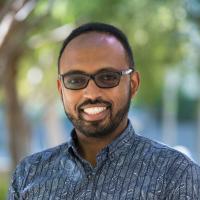
Mohammed Anbessie, MD, MPH
Psychiatrist, Epidemiologist
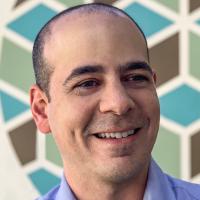
Thiago Avelino-Silva, MD, PhD
Academic Geriatrician

Biniyam Ayele, MD
Neurologist

Zach Bandler
Film Director and Screenwriter

Jake Broder, MA
Playwright, Actor, Screenwriter, Musician
Alison Canty, PhD, GradCert UL&T, BSc
Neuroscientist

Carlos Chechetti
Storyteller, Filmmaker & Social Entrepreneur

Hanna Cho, MD, PhD
Neurologist

Cathy Correa Lopera, M.Mus.
Music and Movement Educator

Jayashree Dasgupta, PhD, MPhil
Clinical Psychologist and Social Entrepreneur
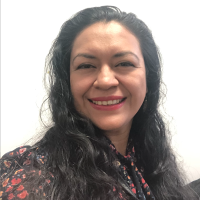
Vanessa De la Cruz-Góngora, PhD
Dietitian, Lecturer and Researcher

Emmanuel Epenge, MD
Neurologist

Macarena Espina Díaz, BS
Industrial Designer and Entrepreneur

Sol Fittipaldi, PhD
Neuroscientist

Dominic Gately
Actor, writer and theater-maker

Mike Hanrahan
Author, songwriter, musician, performer

Maryenela Illanes-Manrique, MD
Psychiatrist
Kim-Huong Nguyen, PhD, MSc
Economist
Aline Haas, PhD
Dancer, Researcher

Doyin Ogunyemi, MBBS, MA, FWACP
Public Health Physician

Verónica Rojas, MFA
Artist

Lucy Stirland, MBChB, PhD, MRCPsych
Old Age Psychiatrist and Researcher
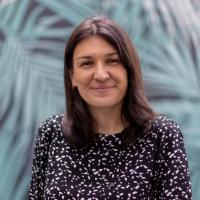
Natalia Trujillo, PhD
Psychologist

Anusha Yasoda-Mohan, PhD
Neuroscientist
